Co-founder and CEO of brand interaction platform Ada, Mike Murchison, spilled the entrepreneurial tea at DMZ’s Founder Dinner earlier this month, sharing lessons learned from scaling the first-ever DMZ unicorn company the ground up.
Empowering brands to automate customer interactions, Ada brings a VIP experience to every customer and employee through its platform. Since 2018, Ada has increased its revenue by 764% and in 2021, raised its Series C at a valuation of $1.2B, officially achieving unicorn status.
The first in-person DMZ Founder Dinner since 2019, the events are designed to bring the larger DMZ founder community together for an evening of food, drinks and connections.
We thought we’d share some of Mike’s insights and how he built the first-ever DMZ unicorn company for other founders looking to build the next big thing. Watch his full founder talk below to learn more about Ada and Mike’s journey, or keep reading for a recap of the tips and learnings Mike shared with the audience during his talk.
Entrepreneurship is a deeply personal experience
“We in this room are all united by this shared dream of building something important, big and world-changing. The journey that we’re all on is a very, very unique one, but we’re all unified in that shared ambition.”
The value of improving your rate of learning
“I think the single most important thing I’ve learned over the course of this journey has been a deep inward focus on improving my own rate of learning.
I think that’s one of the things I so admire about the community here at the DMZ, is that we’re all committed to learning. We’re all highly curious people who are eager to learn new things.
I encourage you to ask yourself, ‘What is piquing my curiosity? What problem am I facing that may seem insurmountable that I may be able to learn something new from?'”
Founders have a responsibility to support one another
“We all have a responsibility as founders to support one another in our own growth. I encourage everyone making progress themselves to share it with others.
We’re not competing against one another, we’re supporting one another. We all win when a startup in our ecosystem succeeds.”

Sometimes the easiest path IS the right path
“I was dealing with a hard problem and someone asked me, ‘What if it wasn’t hard? What if it was easy?’
I’ve grown up and trained myself into thinking I need to do the hardest things, and what I’ve learned in the course of building Ada is that sometimes the easiest path, where you’re feeling the pull, is actually the right path.”
Don’t take yourself too seriously
“Looking back, something I would’ve done differently is not taking myself so seriously.
I wasted a lot of energy thinking about what the ideal path was meant to look like. I wish – earlier on – I would’ve let go of my perception of the right path and been more excited about the path that was unfolding before me.”
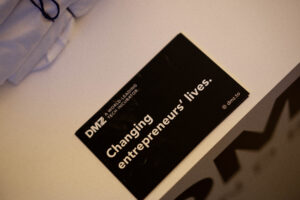








 Black Innovation Program stream
Black Innovation Program stream











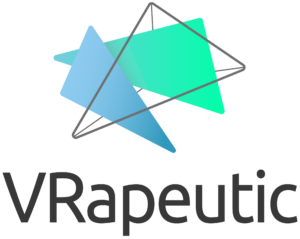









 While all of the startups are working with a social mission and purpose, the three companies are zeroing in on different societal issues. Reyts is a marketplace that allows individuals to swap currencies in a seamless and secure way. Welkom-U focuses on improving the experience of immigrants to Canada so they can become contributing members of society faster, and Be One to Give is a food redistribution app for businesses that eliminates avoidable food waste in daily operations.
While all of the startups are working with a social mission and purpose, the three companies are zeroing in on different societal issues. Reyts is a marketplace that allows individuals to swap currencies in a seamless and secure way. Welkom-U focuses on improving the experience of immigrants to Canada so they can become contributing members of society faster, and Be One to Give is a food redistribution app for businesses that eliminates avoidable food waste in daily operations.

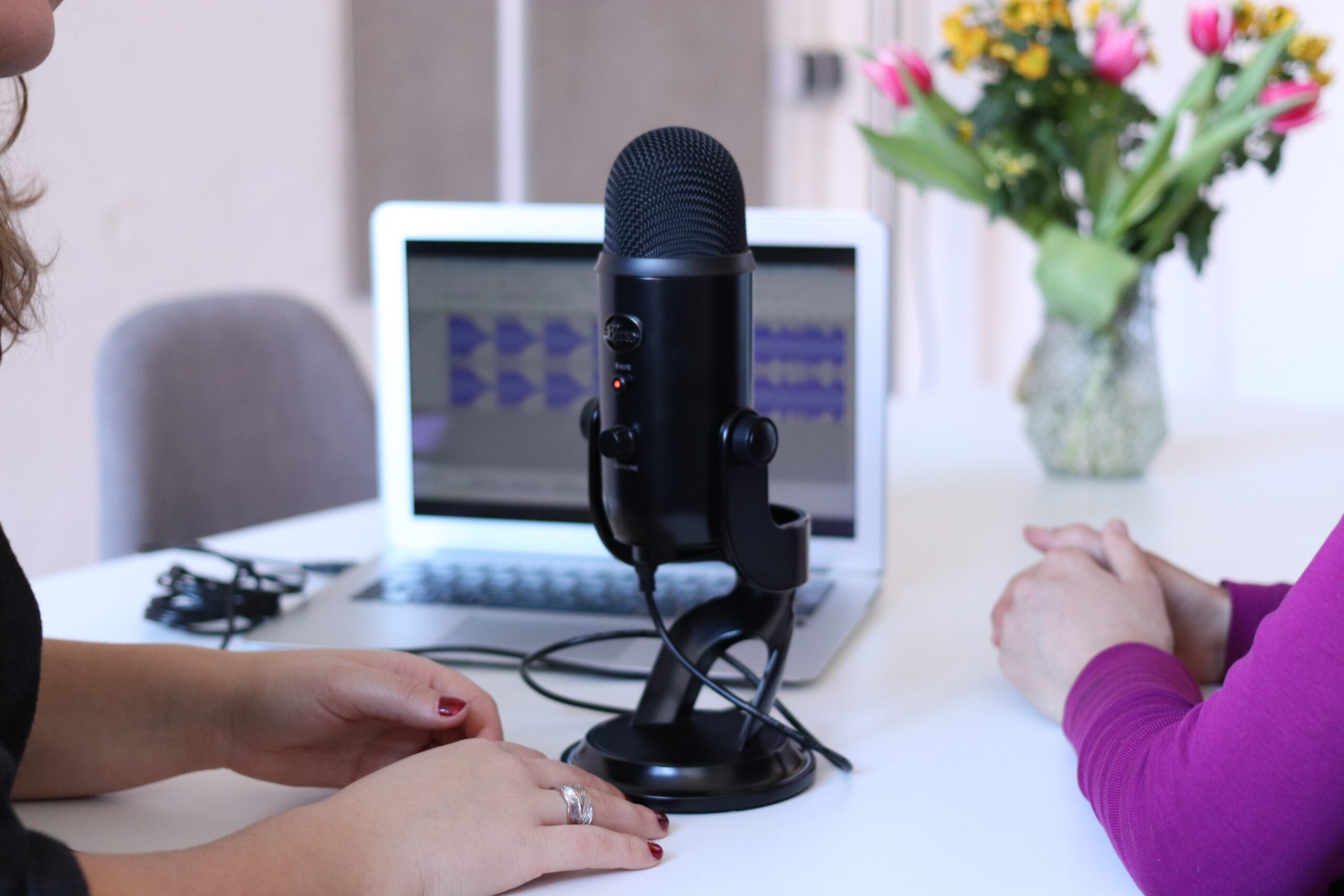




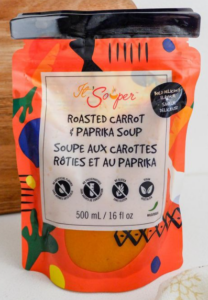


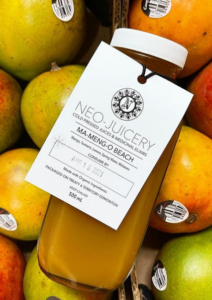




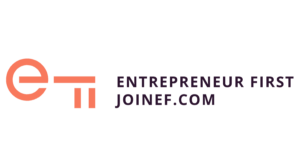 The desire to create impact through entrepreneurship rather than travel a more traditional career path resonated with Grigoriy Kimaev, a Ph.D. graduate. His interest in entrepreneurship piqued further when he heard about
The desire to create impact through entrepreneurship rather than travel a more traditional career path resonated with Grigoriy Kimaev, a Ph.D. graduate. His interest in entrepreneurship piqued further when he heard about 


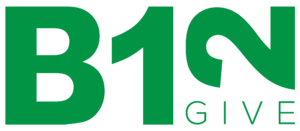











 This week, we sat down with the Co-Founders of
This week, we sat down with the Co-Founders of 


